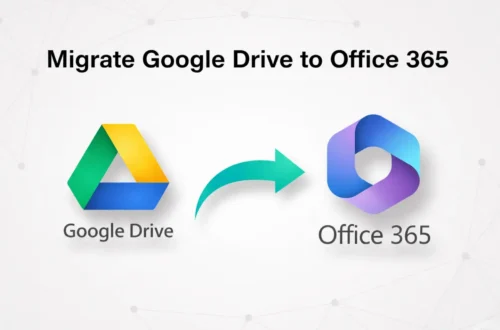Robotic process automation, often known as RPA, has been a game-changer for a number of different sectors. This is leading to greater efficiency, decreased costs, and increased profitability. Within the next five years, the technology like robotic process automation we will use for practically all businesses.
This innovation has been a single match for various different sectors, resulting in decreased hazards in operations. This increases efficiency as well as revenues. It has turned laborious and difficult corporate procedures into straightforward and uncomplicated ones.
Whether it be the recording of data, the transfer of files, or the sending of automated responses, RPA gives enterprises the ability to simplify essential procedures. It greatly reduces the likelihood of human mistakes occurring while simultaneously handling a huge number of jobs.
But what is the robotic process automation (RPA)?
Robotic process automation, refers to the automation of any operation that really is inherently robotic or continuous in structure. The automation step includes configuring pieces of computer software or algorithms to behave in a manner that is “essentially” identical to that of the activities that are often carried out by an individual while interacting with various kinds of device systems in the course of carrying out a business procedure.
The goal is to train RPA to handle time-consuming and routine jobs so that human workers may concentrate on activities that require more strategic and tactical thinking in order to keep pace with rapidly industries that are changing at a fast pace.
Benefits of robotic process automation in today’s businesses
RPA offers a wide range of advantages, many of which are still being developed despite the rapid progress being made in automation and AI technologies. These essential benefits are now among the top advantages of this developing robotic automation procedure.
1- A significantly more efficient use of the available staff resources
The majority of businesses will get the most value from robotic process automation when they are able to liberate their human workforce from a significant number of repetitive, low-value jobs so that they may instead concentrate on more practical, revenue-generating activities.
In addition, when RPA’s automated software robots are programmed more successfully, these bots will be able to carry out an ever-higher number of regular jobs, which will expand the capabilities of your human workforce even more.
2- Improved customer interactions
A shift in consumer mind-set brought on by technological advancements and the availability of alternative providers has caused enterprises to rethink their traditional view of the customer experience as the duty of the customer service department.
The market is shifting at a breakneck rate, and businesses who want to stay up with it are expanding their focus on the customer experience to include the whole staff. RPA has the ability to move procedures forward more accurately and quickly than human labour.
Because of RPA, there is no longer a single perfect communication channel that will assist you in consolidating your position in customer interactions.
3- Reduction in operational expenses
The subject of cutting costs has always been a hot one. But it has gained even more prominence in recent years when uncertainty is prevalent in almost every sphere of modern life.
In this regard, robotic process automation is an efficient tool for document management enhancement. It enables businesses to place brilliant minds from teams aligned with the business procedures where they could be the most relevant right now by streamlining time-consuming front- and back-office transactions with data.
Customers may automate as many procedures as they like using robotic process automation development . And they can execute all of those processes simultaneously.
4- Resilience
Automation is a technology that is risk-free and non-intrusive; it does not interact with the processes that are already in place. And it ensures flawless uniformity in the actions carried out across the board, every day and every time.
5- The part that business automation plays in the digital transformation
The term “digital transformation” is misnomer around in the corporate world for a considerable amount of time. Many companies are aware of the advantages that we can get through digitization; nonetheless, they struggle to maintain momentum in the deployment of solutions. The expense of building software, as per business needs has always been the primary obstacle.
As a result of the Covid-19 epidemic, many firms have committed to accelerating their strategies for digital transformation. This is primarily caused by the need for increased efficiency that exists in order to sustain the expansion. And, in certain cases, to live. It is essential for these organizations to use RPA implementation services so that they may reduce costs. We can also boost efficiency, and increase the pleasure of both their customers and their employees.




